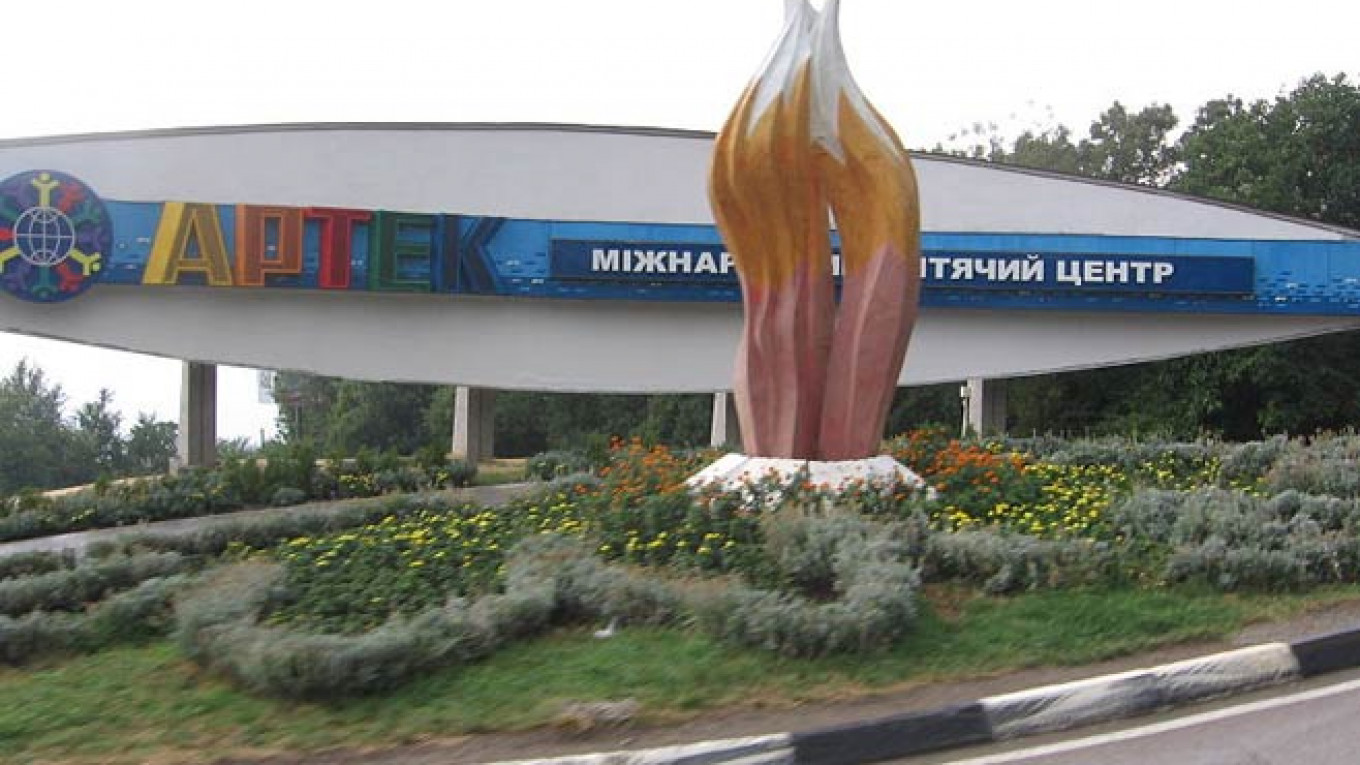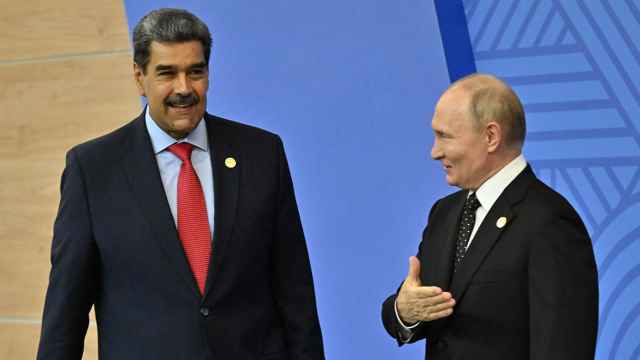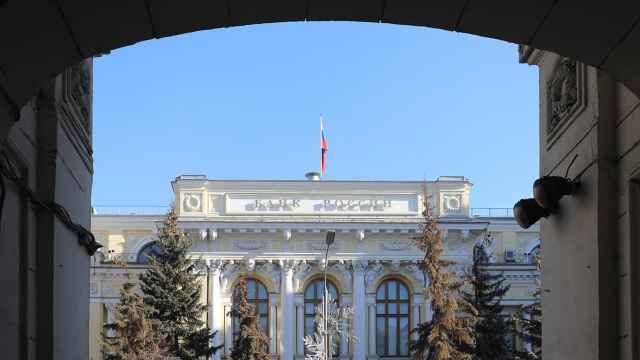A renowned children's summer camp in Crimea that closed amid a legal dispute linked to the region's secession to Russia has found help in a rather unlikely place: a strip club in the southern Russian city of Rostov-on-Don.
As the Artek camp, a UNESCO site that opened in 1925 along the Black Sea shore, awaits confirmation of its legal status and possible backing by President Vladimir Putin, the girls of Rostov-on-Don's Provintsia strip club are offering up their hard-earned cash to help keep the camp running.
"We know that after Crimea became part of Russia, this popular camp was closed," an exotic dancer named Lana told the online tabloid LifeNews. "Me and the other girls decided to not just stand by, but to actually do something! All the money that we're making tonight is going to Crimea!"
In late March, the speaker of Russia's upper house of parliament, Valentina Matviyenko, proposed giving the camp the prestigious status of a "presidential" international children's center, state news agency RIA Novosti reported.
The camp's deputy general director said last week that he soon expected more clarification on the status, but still wasn't sure when the camp would resume accepting visitors.
As of Tuesday, the girls of Provintsia have already sent several tens of thousands of rubles to the camp. For comparison, the average monthly salary in their city is about 25,000 rubles ($700), according to a report on the regional government's website.
A Message from The Moscow Times:
Dear readers,
We are facing unprecedented challenges. Russia's Prosecutor General's Office has designated The Moscow Times as an "undesirable" organization, criminalizing our work and putting our staff at risk of prosecution. This follows our earlier unjust labeling as a "foreign agent."
These actions are direct attempts to silence independent journalism in Russia. The authorities claim our work "discredits the decisions of the Russian leadership." We see things differently: we strive to provide accurate, unbiased reporting on Russia.
We, the journalists of The Moscow Times, refuse to be silenced. But to continue our work, we need your help.
Your support, no matter how small, makes a world of difference. If you can, please support us monthly starting from just $2. It's quick to set up, and every contribution makes a significant impact.
By supporting The Moscow Times, you're defending open, independent journalism in the face of repression. Thank you for standing with us.
Remind me later.






